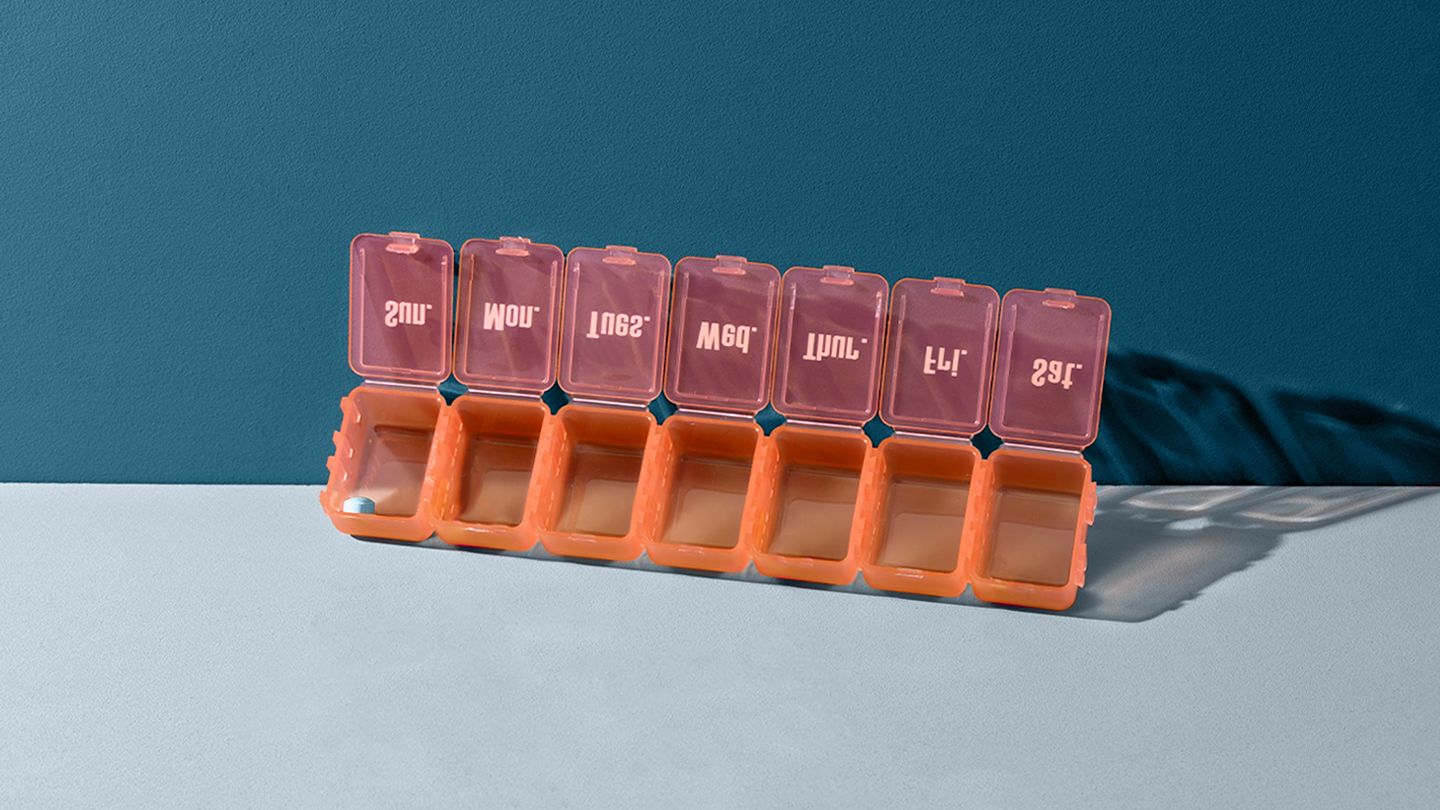Understanding Hyperactive Behavior
Hyperactivity refers to unusually heightened activity levels and difficulty focusing or sitting still. This can manifest in children for various reasons. If you notice extremely hyper behaviors, consult your pediatrician.
Creating a Supportive Home Environment
Strategies like setting up a structured routine, dividing tasks into manageable chunks, and arranging spaces to minimize distractions can assist children struggling to focus their energy. The key is finding what works best for your child's needs.
Encourage Open Communication
Talk to your child compassionately about their challenges and progress. Provide reassurance that you are there to understand and help them in a patient, loving way.
Identify Triggers
Observe when hyperactive symptoms improve or worsen so you can better understand and accommodate your child during difficult periods.
Seeking Professional Help
If home interventions are not providing enough support, consult your doctor about evaluations or referrals to mental health specialists, counselors, support groups, or parenting classes.
Consider Lifestyle Factors
Evaluate diet, sleep habits, activity levels, and exposure to electronics/media for potentially contributing factors that can be adjusted for better regulation.
I aimed to provide a constructive overview focused on compassionate communication and professional support rather than speculation. Please let me know if you need any clarification or have additional questions!FAQs
What are common signs of hyperactivity in children?
Frequent signs include difficulty sitting still or focusing, constant motion, trouble waiting for turns, and easily getting distracted. Severe impatience, impulsiveness, and intrusive behaviors may also occur.
What should I do if I suspect my child is hyperactive?
Consult your pediatrician if you notice frequent or intense symptoms of hyperactivity, inattention, or impulsivity compared to other children of similar age. They can evaluate potential causes and refer you to specialists if needed.
How can I support my hyperactive child at home?
Strategies include sticking to routines, dividing tasks into smaller steps, arranging spaces to limit distractions, using timers and reminders, encouraging movement and breaks, and positively reinforcing progress and effort.
What types of professionals can help with hyperactivity?
If home interventions are not enough, your doctor may refer you to psychiatrists, psychologists, behavioral therapists, counselors, support groups, parenting coaches, etc. They can help assess your child's needs and teach coping strategies.
Disclaimer: This article is for informational purposes only and does not constitute medical advice. Always consult with a healthcare professional before starting any new treatment regimen.
Related Coverage
Excessive fiddling during meals can indicate issues like ADHD or anxiety in kids. Learn techniques to curb constant fidgeting and toys with for peaceful mealtimes....
Struggling with ADHD reading difficulties? Find practical strategies, tools, and tips to improve focus, comprehension, and enjoyment while reading....
Limbic ADHD recognition is gaining attention, but do doctors actually recognize it? Get the facts on this unofficial ADHD subtype....
Protein snacks like yogurt, nut butter, cheese and eggs provide kids with sustained energy and nutrition for growth and development. Discover the best snacks....
Concerta shortages due to increased ADHD demand leaves patients seeking options. Consider alternate stimulants, off-label meds, compounding, coupons, generics and behavior therapy until stabilized methylphenidate-ER shortage resolves....
Find the Azstarys cost in 2025, with cash prices, insurance details, coupons and simple steps to cut your out‑of‑pocket spend....
Choosing the right doctor requires assessing your health priorities and needs. Research physician qualifications, check access and availability, get recommendations....
Discover 50 tips to create a relaxing bedroom environment for adults with ADHD. Reduce clutter and stimulation, use calming scents and lighting for better sleep....
ADHD screening quizzes help women identify symptoms like inattention, disorganization and hyperactivity. If you score high, discuss ADHD testing with your doctor....
Access real, professional online ADHD treatment from home. Find diagnosis, therapy, and medication options that fit your life....








